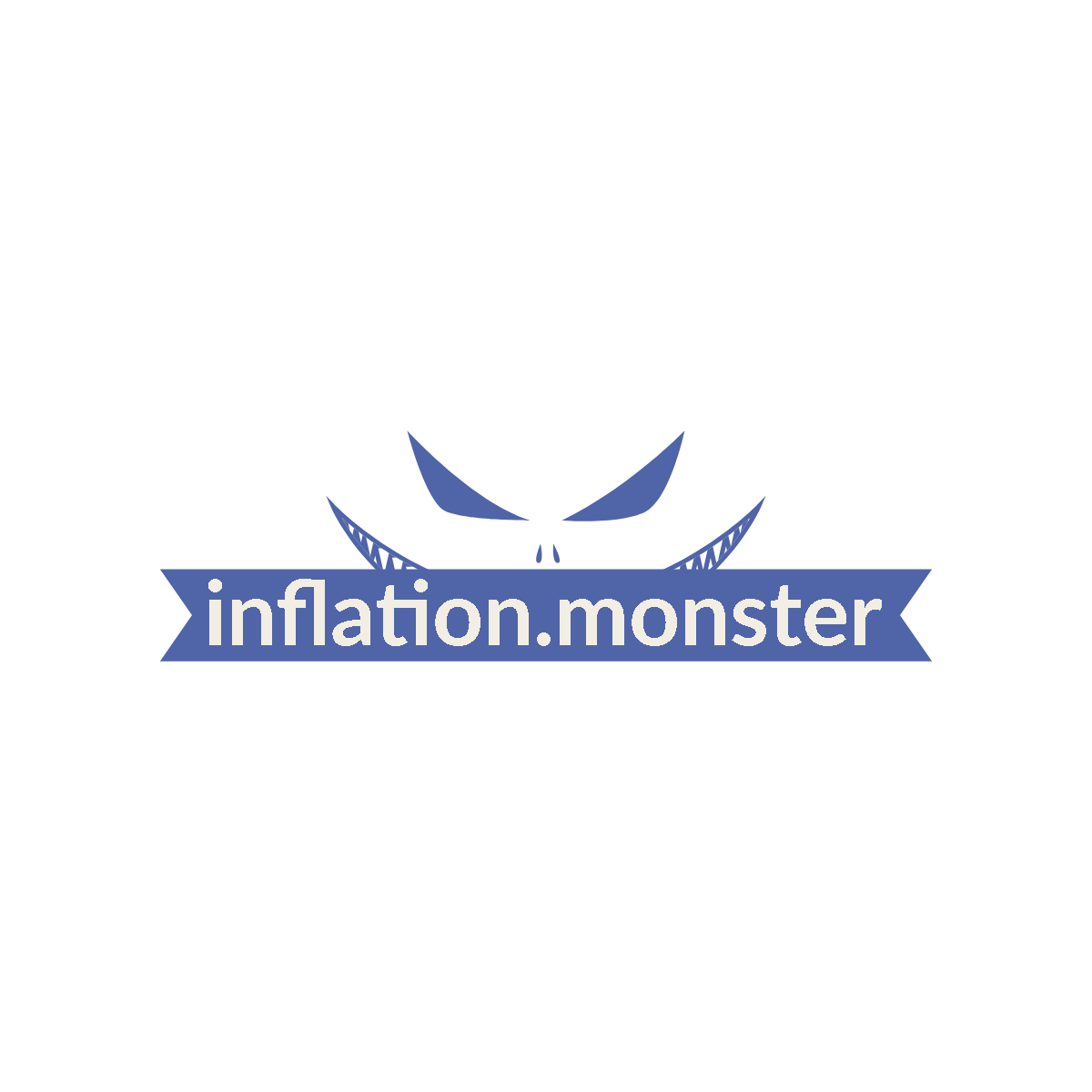Inflation is a formidable opponent, capable of wreaking havoc on businesses of all sizes and sectors. As we embark on this journey, let us explore the challenges that businesses face when it comes to adapting their strategies to combat the effects of inflation. From determining optimal pricing strategies to managing supply chain disruptions, we will uncover the intricacies of this battle and arm you with the tools to thrive in the face of the inflation monster. Stay tuned as we dive into the world of business strategy and the challenges that lie ahead.

Impact of Inflation on Business
Inflation is a concept that affects businesses across various industries and sectors. Understanding this phenomenon is crucial for companies to develop effective strategies for adapting to inflationary environments. In this article, we will explore the concept of inflation, its effects on business, and the challenges faced by companies in such situations.
Understanding the Concept of Inflation
Inflation refers to the sustained increase in the general price level of goods and services in an economy over a specific period of time. It erodes the purchasing power of money, making products and services more expensive for consumers. Inflation is usually measured by the Consumer Price Index (CPI), which tracks changes in the average prices of a basket of goods and services.

Effects of Inflation on Business
The impact of inflation on businesses can be far-reaching. One of the most immediate effects is the increase in production costs. As the cost of raw materials, labor, and other inputs rises, businesses face higher expenses, which can lead to reduced profit margins. Additionally, inflation can disrupt supply chains, as suppliers may need to adjust their prices or face financial difficulties, resulting in delays or shortages of critical inputs.
Inflation also affects consumer behavior. As prices rise, consumers may adjust their spending habits, prioritizing essential goods and cutting back on discretionary purchases. This change in consumer behavior can significantly impact businesses that rely on non-essential or luxury products. Furthermore, inflation can lead to changes in market dynamics, such as increased competition as companies strive to maintain their market share or capture new customers.
Challenges Faced by Businesses due to Inflation
Businesses face numerous challenges when operating in an inflationary environment. One of the primary challenges is developing an effective pricing strategy. Companies need to strike a balance between maintaining profitability and remaining competitive. It is essential to consider factors such as market demand, production costs, and customer purchasing power when setting prices.
Supply chain management also becomes more complex during periods of inflation. Companies must navigate increasing costs, changing supplier dynamics, and potential disruptions to ensure a smooth flow of inputs and finished products. Supply chain managers need to adapt their strategies by seeking alternative suppliers, renegotiating contracts, or exploring cost-saving measures within the supply chain.
Investment and financial planning become more challenging in inflationary environments. Inflation erodes the value of assets and investments, requiring businesses to adopt strategies for inflation-adjusted returns. This may involve diversifying investment portfolios, investing in inflation-hedging assets, or implementing risk management measures to protect against potential losses.
Marketing strategies need to be revised to cater to changing consumer preferences and purchasing power. Businesses must analyze customer behavior and adapt their messaging, product offerings, and promotional activities accordingly. It is crucial to understand how inflation influences consumer decision-making and adjust marketing efforts to reflect these changes.
Human resources management poses unique challenges during inflationary periods. Companies need to ensure that employee compensation keeps up with rising costs of living to attract and retain talent. Training and development strategies become crucial for upskilling employees and enhancing their productivity to maintain competitiveness in an inflationary business environment.
Product development and innovation also require careful consideration during inflationary periods. Businesses need to balance the quality of their products with cost considerations. R&D budget allocation becomes critical in order to innovate and develop products that meet customer expectations while managing costs effectively.
Risk management plays a vital role in mitigating the impact of inflation on business. Companies must identify and assess inflationary risks, such as changes in interest rates, currency fluctuations, or regulatory changes. By implementing risk mitigation strategies and incorporating insurance coverage, businesses can protect themselves from potential financial losses.
Government policies and regulations can significantly impact businesses in inflationary environments. Companies need to stay informed about government measures to address inflation and adapt their strategies accordingly. It is essential to advocate for business interests by engaging in policy discussions and working towards favorable economic conditions for businesses.
International businesses face additional challenges in managing inflationary environments. Currency risk management becomes crucial to mitigate the potential impact of exchange rate fluctuations. Strategic planning and adaptation strategies for international business operations are necessary to navigate the complexities of global trade in an inflationary context.
In conclusion, inflation affects businesses in various ways, from increased production costs and changes in consumer behavior to challenges in supply chain management and investment strategies. Businesses must develop comprehensive strategies to adapt to an inflationary environment, taking into account factors such as pricing, supply chain management, human resources, risk management, and government policies. By understanding the impact of inflation and proactively addressing the challenges it presents, businesses can navigate the complexities of an inflationary landscape and continue to thrive.




